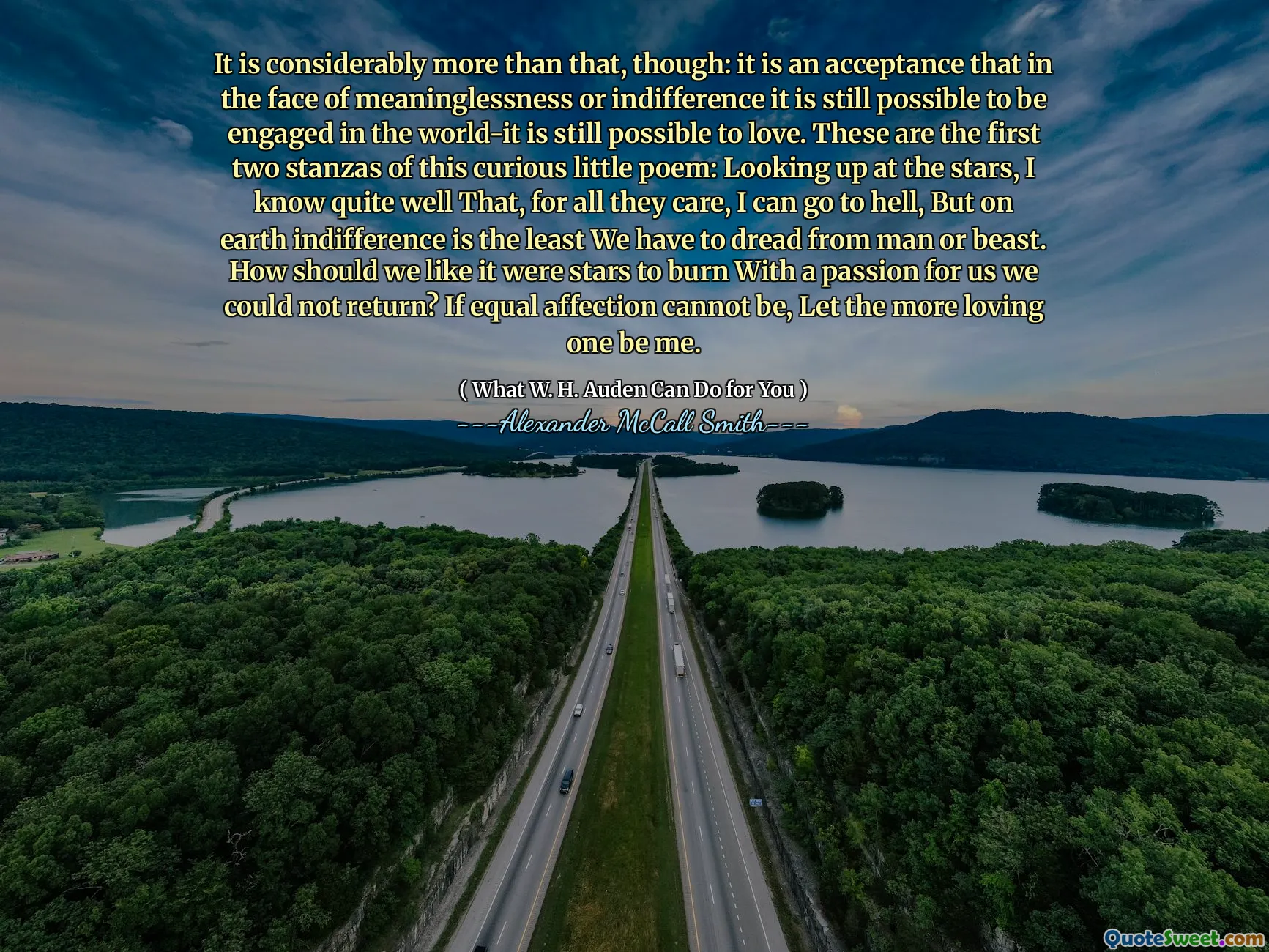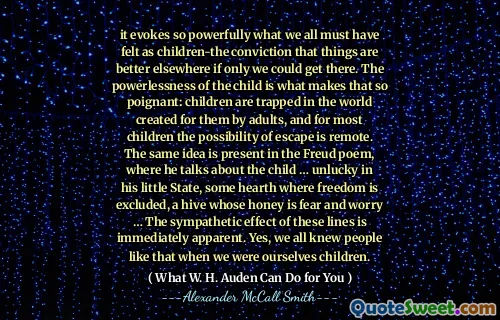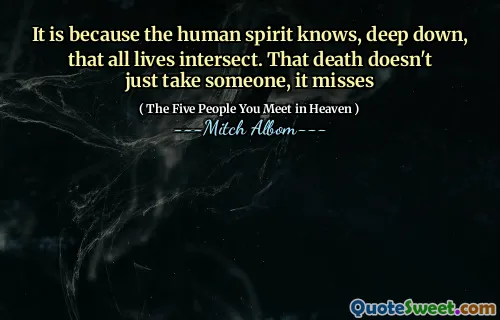
不过,这不仅仅是:面对毫无意义或冷漠的一种接受,仍然有可能参与世界 - 它仍然有可能爱。这是这首好奇的小诗的前两个节:抬头看着星星,我非常清楚,他们所关心的,我可以去地狱,但是在地球上,我们至少要害怕人类或野兽。 。我们应该怎么喜欢对我们无法回来的热情燃烧的明星?如果不能平等的情感,那就让更多的爱一个人成为我。
(It is considerably more than that, though: it is an acceptance that in the face of meaninglessness or indifference it is still possible to be engaged in the world-it is still possible to love. These are the first two stanzas of this curious little poem: Looking up at the stars, I know quite well That, for all they care, I can go to hell, But on earth indifference is the least We have to dread from man or beast. How should we like it were stars to burn With a passion for us we could not return? If equal affection cannot be, Let the more loving one be me.)
这句话反映了对生活固有的毫无意义和冷漠的深刻接受,表明尽管存在这种现实,但人们仍然可以积极与世界和体验爱情。演讲者承认,宇宙对个人存在几乎没有关注,从而描绘了天体冷漠与人与人之间的感情之间的鲜明对比。虽然星星可能没有感觉,但人际关系允许情感深度和联系,甚至在生活的不确定性中也可以。
奥登的诗意言语探索了爱的复杂性,这表明未返回的情感仍然是高尚的。演讲者考虑了这样的想法,即如果爱情不能相互,那么更加充满爱心的人承担负担是值得称赞的。这种观点强调了爱作为一种选择和承诺的价值,强调了充分奉献自己的美丽,无论结果如何











